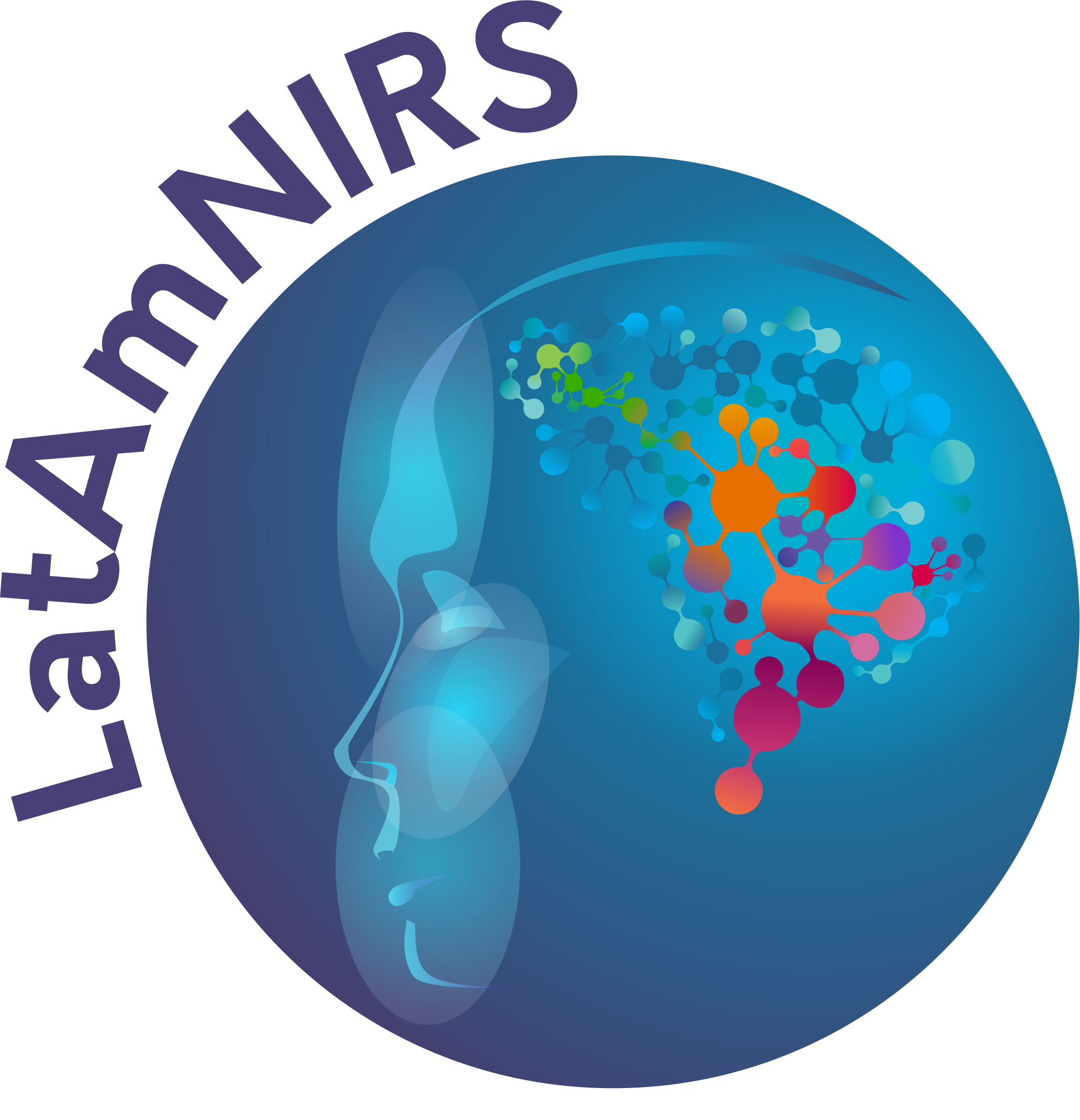Non-causal Filter
Definition: A non-causal filter is a type of filter that depends not only on past and present time points but also integrates information of future time points of a given signal. This is in contrast to causal filters, which only use past and present samples to filter a signal. A typical implementation of a non-causal filter is a zero-phase filter which suppresses distortions such as phase delays which are commonly introduced by causal filters. Zero-phase filters are typically implemented by running a causal filter forward and backward over the data.
Alternative definition:
Synonym: Acausal filters, zero-phase filter
References: https://doi.org/10.1016/j.neuron.2019.02.039
https://doi.org/10.1016/j.jneumeth.2012.06.011
Related terms: Causal filter, filtering, data preprocessing
